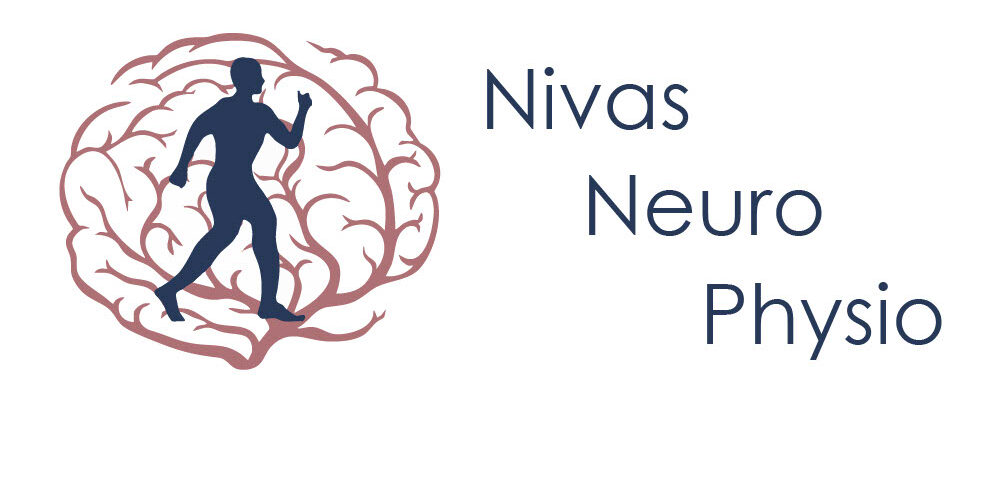Neuro oncology conditions
Physiotherapy plays a crucial role in the rehabilitation and supportive care of patients with neuro-oncology conditions—those involving tumors of the brain, spinal cord, or peripheral nerves. The primary goals are to maintain or improve function, reduce complications, and enhance quality of life. Treatment varies based on tumor type, location, severity, and stage of disease (pre- or post-operative, during or after radiation/chemotherapy, etc.).
Key Physiotherapy Approaches in Neuro-Oncology:
1. Prehabilitation (Before Surgery or Treatment)
Goals: Improve baseline fitness and function to better tolerate treatment.
Interventions:
Education
Strengthening exercises
Breathing exercises
Functional mobility training
2. Post-Surgical Rehabilitation
Common Issues: Weakness, fatigue, balance problems, coordination deficits, spasticity, mobility issues.
Treatment Focus:
Neuro-rehabilitation techniques: e.g., Bobath, PNF (Proprioceptive Neuromuscular Facilitation)
Gait retraining: With or without assistive devices
Balance and proprioception exercises
Functional mobility training: Bed mobility, transfers, stair training
Strengthening and endurance exercises
3. During Radiation/Chemotherapy
Considerations: Fatigue, immunosuppression, neuropathy, and deconditioning.
Goals:
Maintain activity level
Minimize side effects like fatigue and deconditioning
Manage pain
Interventions:
Graded aerobic exercise
Light resistance training
Energy conservation education
Neuropathic pain management (e.g., TENS, desensitization techniques)
4. Managing Neurological Impairments
Depending on tumor location and effects, the following may be addressed:
Hemiparesis or limb weakness
Spasticity management: Stretching, positioning, splinting, and modalities like cryotherapy
Coordination problems: Task-specific and sensory-motor retraining
Cognitive and perceptual issues: Often in collaboration with occupational therapists
Communication and swallowing difficulties: Refer to speech and language therapy
5. Palliative and Supportive Care
Goals: Comfort, mobility, and independence
Focus Areas:
Pain relief (modalities, positioning)
Family and caregiver training
Mobility aids and environmental adaptation
Breathing exercises if respiratory function is impaired
6. Psychosocial and Quality of Life Support
Fatigue management: Pacing, rest strategies
Mood and motivation: Support through activity-based therapy
Community reintegration: Social and vocational goals
Multidisciplinary Coordination
Physiotherapists work closely with:
Neurosurgeons
Oncologists
Occupational therapists
Speech therapists
Psychologists
Palliative care teams
